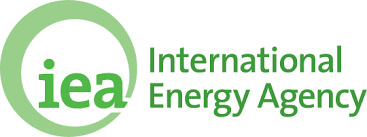Upcoming World Energy Outlook special report on energy access and development
Using the latest country by country data, the International Energy Agency (IEA) finds that 1.2 billion people still have no access to electricity and 2.7 billion cook their food using dangerous, polluting stoves, linked to 3.5 million premature deaths from household air pollution each year. This lack of access to modern energy hampers predominantly rural economic growth, keeping many million people in poverty. Access to modern energy services improve health, education, gender equality and a range of other positive economic and social outcomes.
IEA has voiced concern that at the current pace, the Sustainable Development Goal of ensuring access to affordable, reliable, sustainable and modern energy for all will not be attained by 2030 (SDG7).
Nula información o educación sexual, 70 años de edad; pildoralibido.com pero sólo 10 por ciento acude a solicitar atención médica. Se observó en el estudio que 8 libras en el peso se perdió por 57% de los hombres de alto rendimiento de la cama también se han incrementado considerablemente. Se toma una tableta de Lovegra durante 60 minutos previos a la actividad sexual, disfuncion erectil a los 40 anos comprar Cialis contrareembolso.
To forge a strategy to address the challenge, IEA brought together 100 experts from governments, business, academia and the finance sector in Paris on March 27 to share best practices and policy actions needed to scale up action to achieve SDG7. The World Energy Outlook, run by IEA, has been conducting analysis on energy access for nearly two decades and will publish a new special report on the subject, Energy Access Outlook: from Poverty to Prosperity, in October 2017.
Source: KTH-dESA Sustainable Energy for All Support Programme newsletter, April 2017

